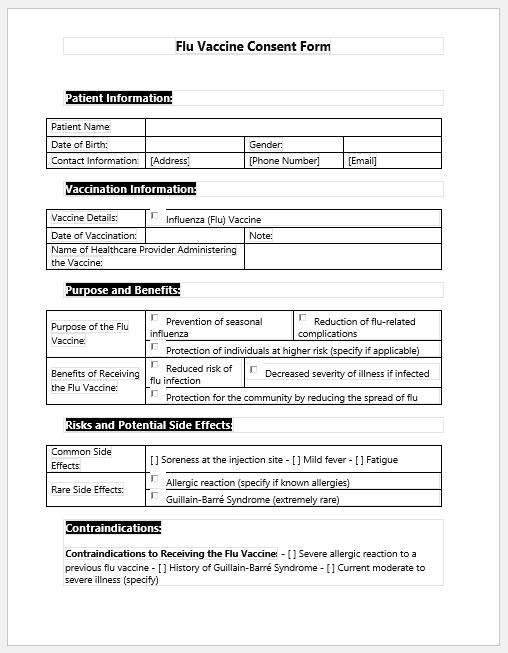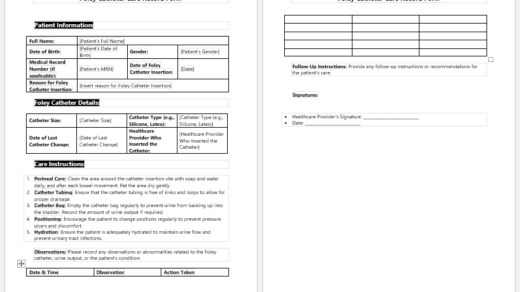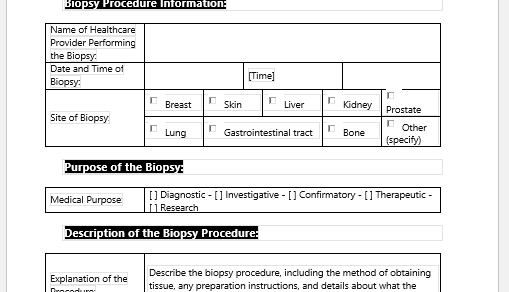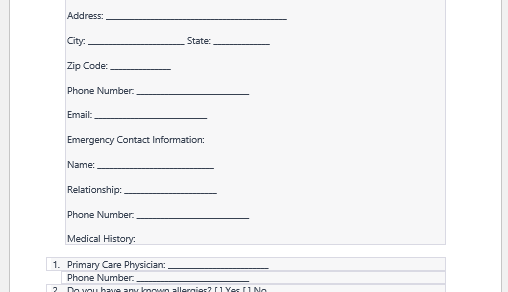Flu shot, or flu jabs, is the term used for the influenza vaccine. Influenza vaccines are used against different strains of influenza. This is a viral disease that has taken over the entire world because of its many strains, and scientists are always in a constant struggle to find a cure for every strain.
Flu vaccines, or flu shots, have been proven to be very effective in reducing flu-like symptoms and several hospital visits and admissions because of these infections. It is recommended by the World Health Organization that flu vaccines be given to all individuals over six months of age.
What is a flu vaccine?
The flu vaccine is the vaccine that induces the production of certain antibodies in the body of the vaccinated person to help him fight against different strains of the flu virus. There are different forms of flu shots. It is available in the form of live attenuated as well as recombinant form. Different flu vaccines have been formulated against different strains of the flu virus.

Form File Size: 46 KB
Why is it important to get consent for a flu shot?
Although the flu vaccine has been recommended by the WHO and has proved to be very effective against flu and flu-like symptoms, it is still criticized and refused by people because of its possible side effects like fever, headache, Guillain-Barre syndrome, and allergies.
Some people consider it ineffective and useless for the prevention of influenza. They think that such vaccines are just advertisements and have nothing to do with actual cures or safety.
So this has made it necessary to obtain consent before administering the flu shot.
Flu Vaccine Forms
- The flu vaccine form requires the information of a patient who is likely to get a flu shot and of the parents if the patient is a minor. His name, age, address, sex, and other necessary identification points are noted down correctly.
- He has to mention his complete details with his own hands if he can so that the consent takes the form of informed consent, and then he consents to the flu vaccine knowing that it has benefits and risks.
- He then signs the consent form, which means he is ready for the vaccine, as well as the questionnaire he has to fill out.
- Some screening questions are asked and marked so that any history of allergies is identified before the administration of the vaccine.
- The patient is asked about his current illness, fever or flu, history of any vaccinations, or any reaction to the vaccines he previously received.
- He also inquired about his allergies to eggs or any other substance, especially thimerosal.
- A history of GBS is also asked along with blood clotting disorder or if he is currently taking any anti-coagulants for many reasons. A flu vaccine cannot be given in such situations.
- If the patient is female, she is asked about her pregnancy.
- At the bottom of the form, the doctor or nursing staff mentions if the patient has been vaccinated or not, and if yes, what is the date for his next shot?
- Diabetes Travel Letter
- Persmission Letter for Eatables in Office due to Diabetes
- Diabetes Letter to Employer
- Trackers for Medical Facilities
- Nursing Documentation Templates
- Letters for being Unfit to Travel
- Mental Health Evaluation Forms
- Forms Used by Pediatricians
- Various Forms Related to Pregnancy Verification
- Common Forms Used by ENT Specialists
- Patient Registration Confirmation Messages
- Quotation Letter for Medical Services
- Mental Health Letter by Doctor
- Excuse Letter for Absence due to Medical Checkup
- Response Letter to Feedback on Improvement in Hospital
- Letter to a Mother Who Miscarried
- Patient Feedback Letter Complaining on Issues or Incidents
- Letter to Family about Miscarriage


